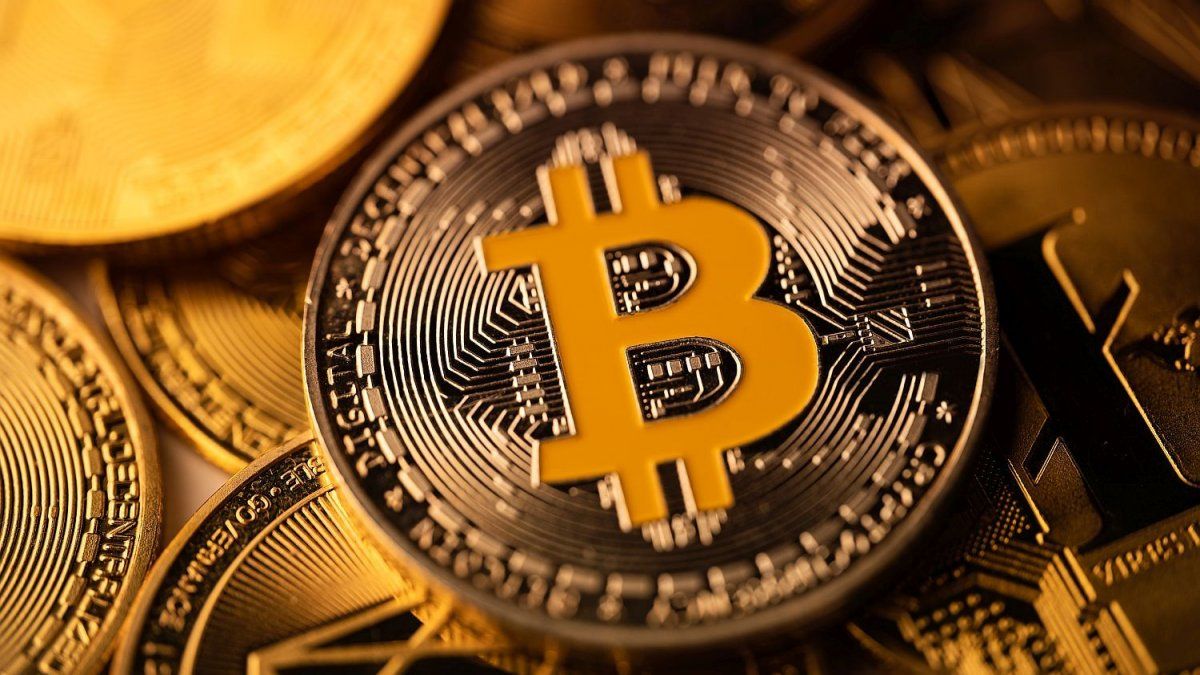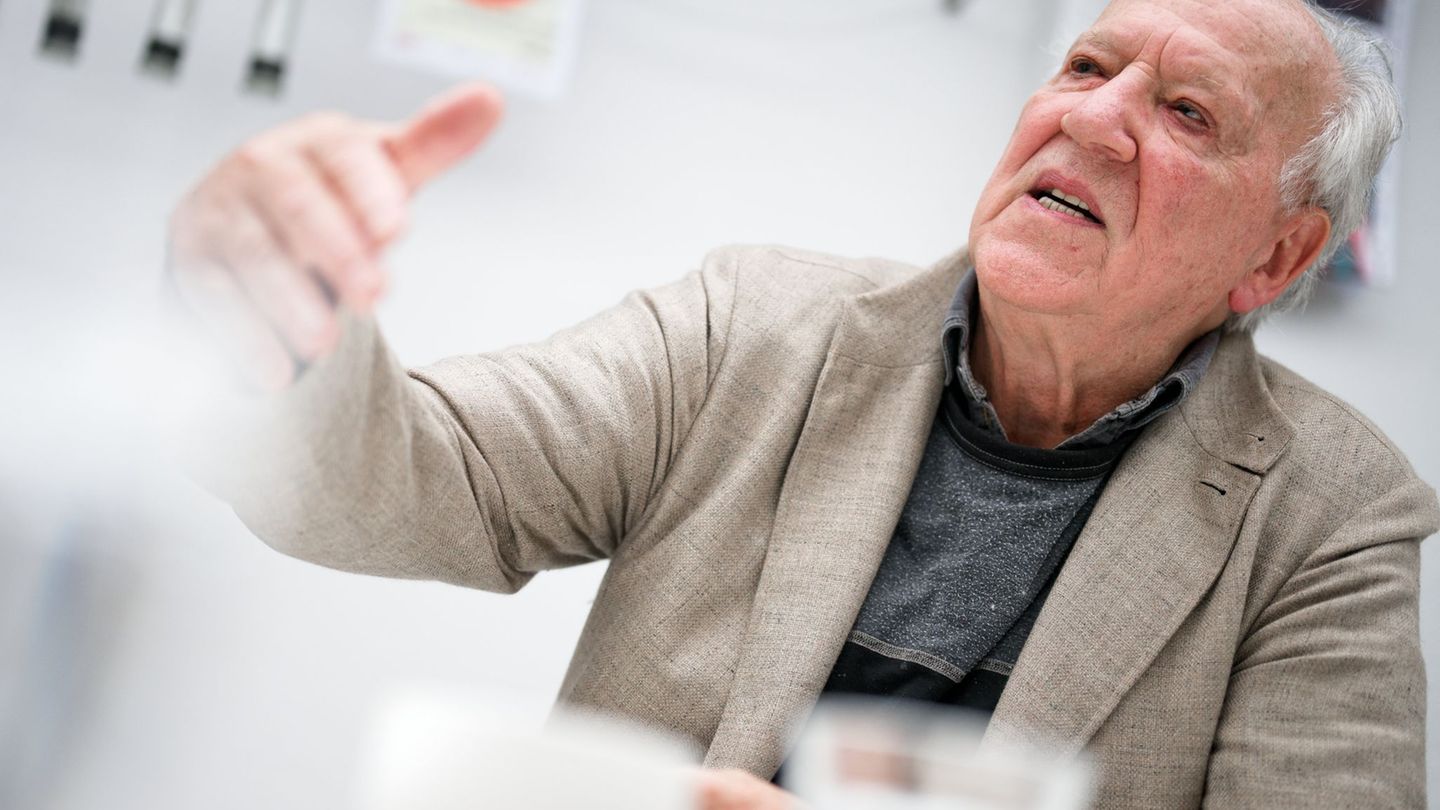I don’t know anything about financial risk management, I only hear from specialists who have a thousand tools for this: they diversify asset types, industries, regions, take insurance and coverage, establish stop losses and trailing stops, define alphas and betas, VaRs, stress tests, Sharpe ratios and I don’t know how many other things that I barely seem to understand when they are patiently explained to me (and then I forget).
What interests me is to reflect on some non-financial risks that affect all portfolios. Not to the assets in which they are invested, but to the portfolios themselves. To the real and effective possibility of the owner of the investments to dispose of them totally, freely and immediately.
How is that? All financial portfolios are exposed to political, regulatory, judicial and security risks that cannot be managed from within, as they are risks inherent to the system. That’s why I call them systemic risk. Not because they indicate that the entire investment system can collapse at any moment, but because an investor can be directly excluded from the system and thus lose access to their assets.
This includes the case of embargoes or other financial sanctions that some countries may place on the citizens of others for reasons of war or international security. Many Russian citizens experienced it recently, and Argentine investors in UK markets or assets also experienced it in 1982. The citizens of North Korea, Iran and Myanmar experience it because they are on the FATF blacklist.
But Argentina is a country in the Western Hemisphere, peaceful, that will not be very prompt in the payment of its obligations but makes every effort to comply with the will and regulations or instructions of the FATF, the IMF and all the international financial organizations that make up the G-20. They are not going to block you just because you are Argentine.
It’s true. But it is also true that in the efforts to comply with all these international rules, Argentina is part of a system that allows the government, and to a large extent all the governments of that system, first, to know with total transparency the assets that each one has as its “final beneficiary”, and it does not matter how many layers of companies, trusts and foundations get in the way.
Furthermore, in this system the government, and all governments, are authorized to take extreme and immediate measures in relation to the immobilization, and eventually the dispossession, of assets that could be in some way linked to money laundering.
But one is not a terrorist or a drug trafficker. They are not going to block you for washing.
No, but laundering is not just about money from terrorism and drug trafficking. Laundering also covers all the management of funds that may have some legal question, preferably (not exclusively) tax, or corruption, or environmental pollution, or public health.
And all administration of funds coming from crimes, even if those crimes have not been identified nor their authors have been convicted. Yes, in short, due to the mere suspicion that the money one handles may come totally or partially from a crime that one did not commit.
And those who have the button to order this type of blockades or embargoes are not only all the judges of Comodoro Py and the other federal criminal courts throughout the country, but all the judges of the civilized world. Because these preceding crimes, in a state of mere suspicion, do not matter where they were committed. And not only judges can press the button: banks can also (mostly must) take preventive information and preventive blocking measures when they don’t like something.
Another systemic risk? The political risk. Argentina made several thousand emigrate in recent years only for economic reasons, to escape politically arranged measures in Congress controlled by a populist government. Are the financial assets of emigrants out of the reach of Argentine judges? No. Simply not. By invoking the crime of money laundering (for example, due to suspicion of evasion) any judge can reach any fortune.
Let’s also add the computer security risks, risks of dispossession due to hacking and identity theft. In large assets these risks seem unlikely but the potential for implementation that artificial intelligence already has today would also recommend taking them into account somewhere in the equation.
So, now, let he who is free of guilt and suspicion cast the first stone. And he can rest assured that his financial assets are not exposed to this type of international systemic risk.
But for the rest, then: what is the ““hedge” of their portfolios against these risks. Answer: none. As I said, they are systemic risks, the system does not have antibodies, safe areas, or exempt assets.
The physical gold, the bills on the mattress, the old joint. There aren’t many more. Or there wasn’t. Even bitcoin.
Bitcoin is a hedge against these non-financial risks. But not the bitcoin of ETFs or futures. That bitcoin is as vulnerable as a stock Nasdaq or a T-Bill. Self-custodied bitcoin is the hedgebitcoin on-chain.
This bitcoin allows its holder immediate and total access, transportation and availability in an alternative system, on the blockchain. With mere access to the Internet and a twelve-word password (fairly easy to memorize), the owner of a bitcoin can have access to it, in its entirety or in very small fractions, anywhere in the world. In seconds and at very low cost.
As long as there is peace, as long as systemic risk has not skyrocketed, the management of these bitcoins (basically buying and selling) can be easily done through service providers, with settlement in bank accounts.
If the alarms of systemic risk go off, if the investor’s financial portfolio is completely blocked, it is possible that some unusual and somewhat uncomfortable journey will have to be made to sell and buy the self-custodied bitcoin, without going through a bank. But that bitcoin It will continue to have whatever value the market assigns at that time to any other bitcoin. And it will be fully available to its owner.
In this context, having a position in bitcoin”on-chain” It can be invaluable in paying for lawyers to get you out of financial lockdown, and in maintaining an acceptable standard of living in the meantime.
What is an investor’s exposure to this systemic risk? That is something that is up to each one to measure. And according to that perception of risk, the position of bitcoin in self-custody should be taken as ““hedge” not financial.
Source: Ambito
David William is a talented author who has made a name for himself in the world of writing. He is a professional author who writes on a wide range of topics, from general interest to opinion news. David is currently working as a writer at 24 hours worlds where he brings his unique perspective and in-depth research to his articles, making them both informative and engaging.




